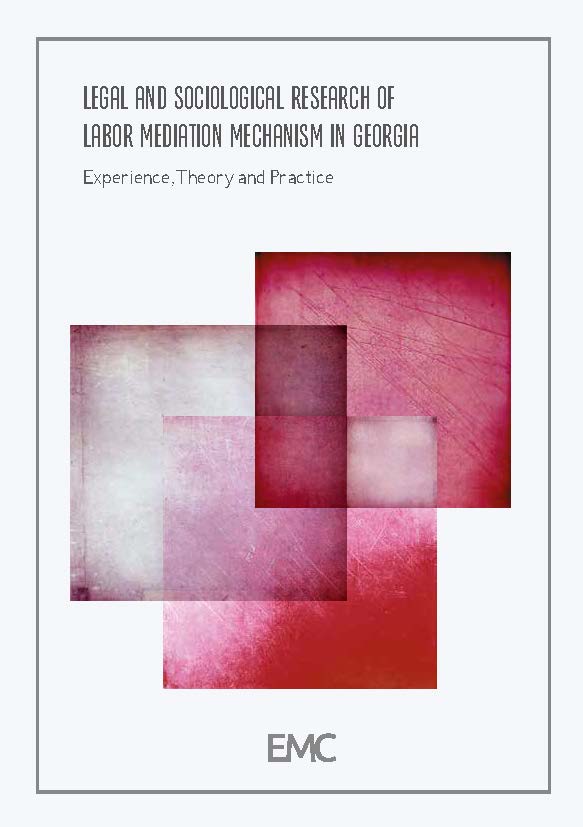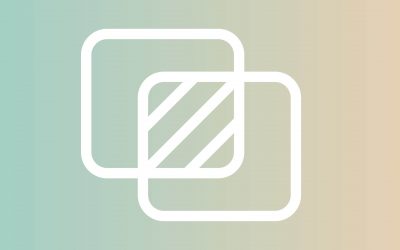Mediation as an alternative method for collective labor dispute resolution was introduced five years ago in Georgia, with the aim of resolving an increasing number of labor disputes in a short period of time with fewer court expenses. The hope was that it would become a useful additional mechanism for the enforcement of labor rights, along with labor inspection and courts.
Despite state backing and the increasing use of mediation by employees, the current system has failed to evolve into an effective measure for settling collective labor disputes in Georgia. Practice shows that due to various shortcomings, mediation has not been able to gain the necessary trust by participants.
This legal portion of this study aims to identify the legislative and practical gaps of Georgia’s mediation mechanism, to survey existing international practices and standards, and through comparative analysis, to develop specific recommendations to improve the administration of mediation and collective bargaining agreements in Georgia.
The sociological part of this report examines the procedural and enforcement gaps in labor mediation, as well as the challenges associated with the integration of the mediation mechanism into labor policy and the impact of structural factors on the effective functioning of the mechanism.
Available in Georgian and English
This publication was prepared individually by a member organization of the Fair Labor Platform and does not necessarily reflect the position of the Fair Labor Platform and/or its other members.



